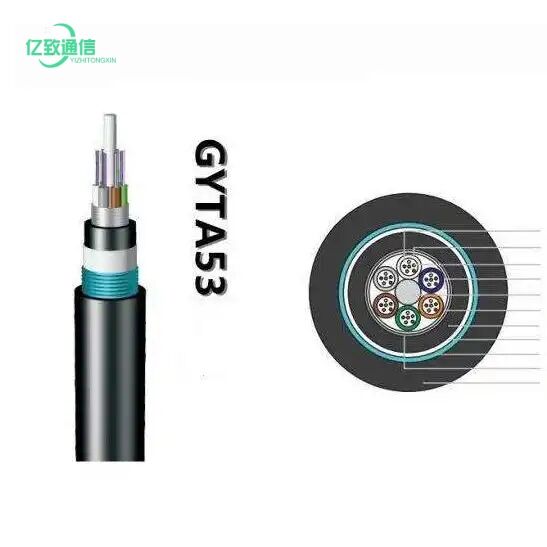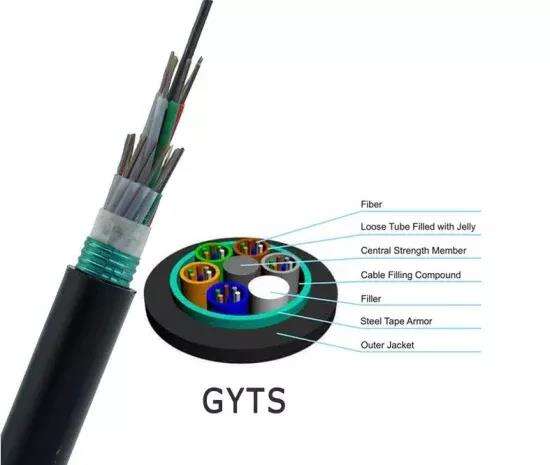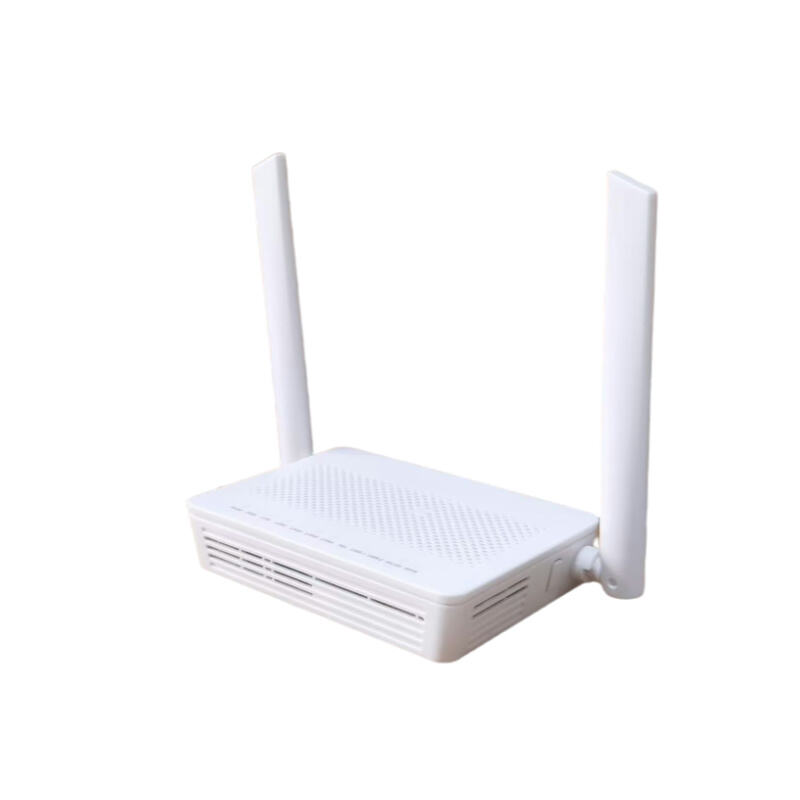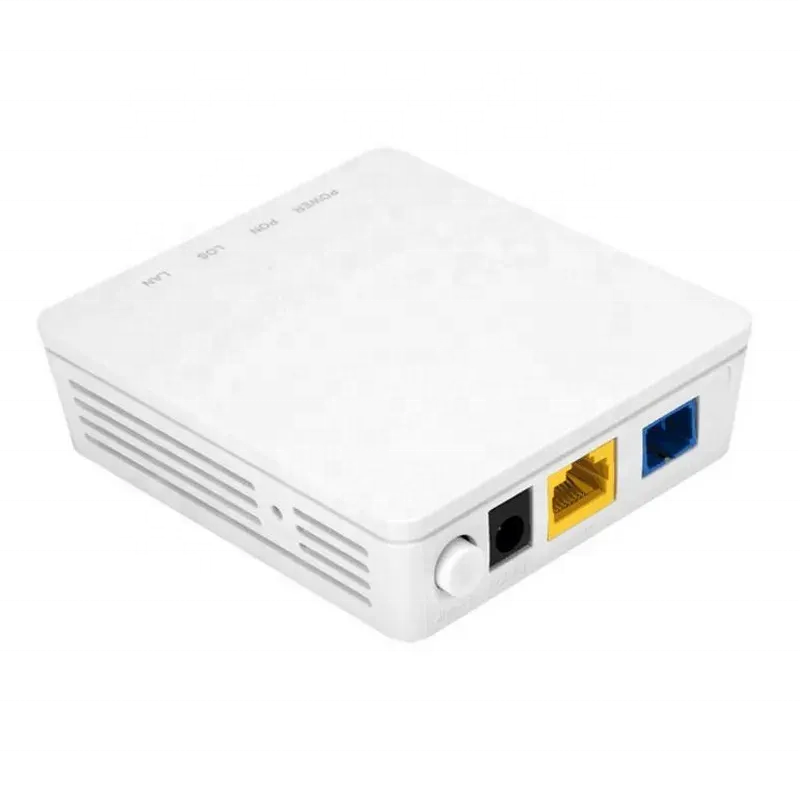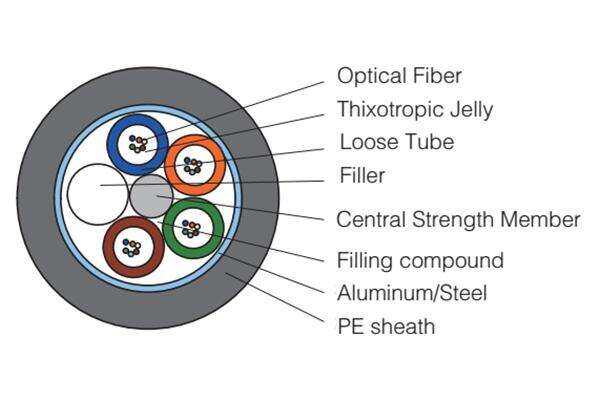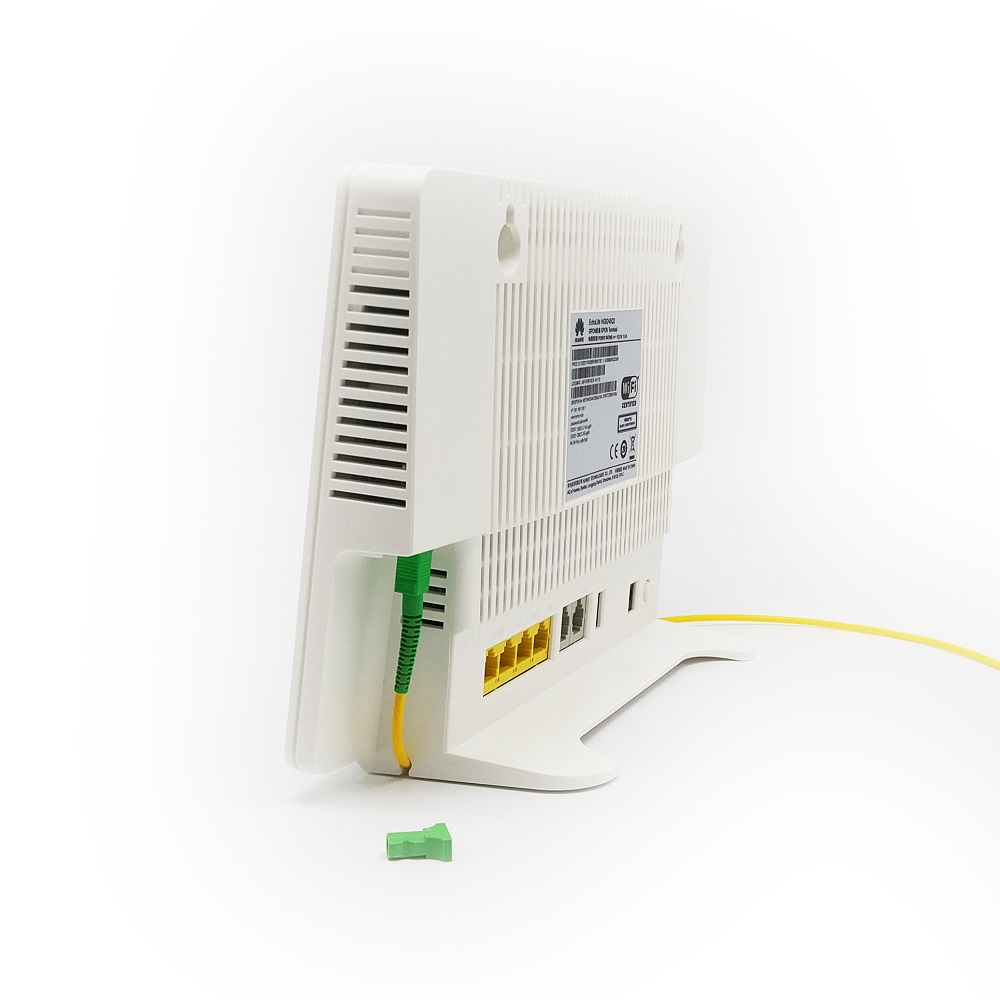metrga ko'ra ftth kabelning narxi
Har bir metr bo‘yicha FTTH kabelning narxi optikla yukni qurishda muhim miqdordir, umumiy holatda xususiyatlari va sifati asosida har bir metrga 0.5 dan 3 dollar orasida o‘zgarishi mumkin. Ushbu narx turli xil kabel turlarini, bular esa bitta rejimli va ko‘p rejimli optiklarni, turli markaziy hajm va himoyalangan to‘qimlar bilan o‘z ichiga oladi. Kabelelar internet aloqasini uylarga va korxonalarga to‘g‘ri ravishda yetkazish uchun ishlab chiqilgan va ma’lumotlarni 10 Gbps yoki undan ziyod tezlikda jo‘natish imkoniyatiga ega. So‘nggi kundagi FTTH kabelelari bog‘lanishdan qorinmas optik markaziy elementlar kabi sovabr qo‘shimchalarga ega, bu esa murakkab orunlarda o‘rnatilganda ishonchli signallarni saqlaydi. Har bir metr narxi kabele tuzilishi, shu jumladan, kuchli a’zolar, suvni to‘xtatish maddalari va UV-ga qarshi hissa tashqi to‘qimlar kabi elementlarga nisbatan hisoblangan. Ushbu komponentlar turli ekologik shartlarda uzun muddatli ishlash va ishonchli performansni ta’minlaydi. Narx hisob-kitoblari shuningdek dunyo miqyosidagi optik materiallar narxlari, ishlab chiqarish jarayonlari va sifat sertifikatlari hisobiga olindi. Ko‘pincha FTTH kabelelari ITU-T G.657 talablari bilan mos keladigan standartlangan xususiyatlarga ega bo‘lib, mavjud tarmoq infrastrukturasiga mos keladi. Har bir metr narxini tushunish loyiha rejalashtirish uchun muhimdir, chunki bu optik tarmoqlarni qurishning umumiy byudjetiga katta darajada ta’sir qiladi.

